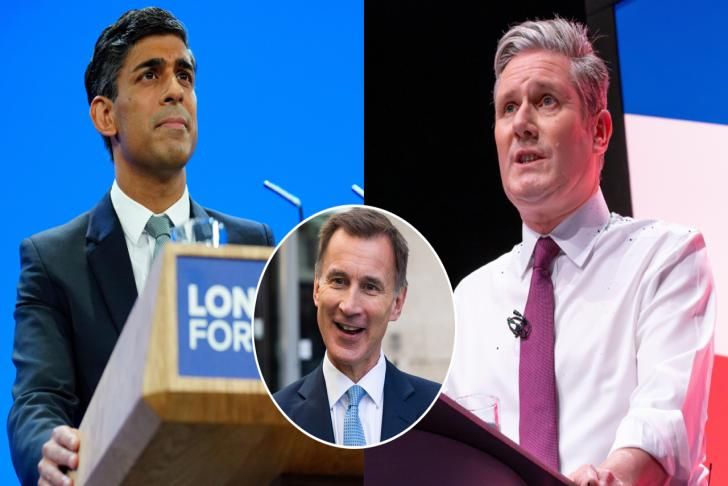According to migrant NGOs, vulnerable families in the UK are in a "perpetual state of limbo" as a result of a Home Office backlog in processing their visa fee waiver applications, leading them to live in "fear and uncertainty."
In the first quarter of this year, the Home Office received a record 18,528 applications for visa fee exemptions; however, the Home Office has noted that over 33,000 of those applications are still pending, which is the biggest amount ever.
The agency only accepted 69 applications during that time, a significant drop from the over 6,000 applications it received during the first quarter of the prior year.
Some UK nationals who cannot afford the cost of their visa application—which has increased by 20% for family visas, settlement, and citizenship starting October 2023—may be eligible for fee exemptions.
Families—some of whom already have legal status in the UK—are becoming more anxious due to the extended processing timeframes, which a migrant charity claimed have gone from about eight weeks to eight months. This is also having an impact on families' ability to access benefits, housing, and jobs.
Nick Beales, the head of campaigns at the Refugee and Migrant Forum of Essex and London (Ramfel), said: “There is perhaps no better example of how badly managed the immigration system is than these systemic delays, with no justification for the government taking over half a year to decide whether someone on minimum wage or in receipt of universal credit or disability benefits is able to afford nearly £4,000 for their visa.”
Despite getting universal credit, Muhammad Rashid Khan, 45, and his wife Farhad Alauddin Shaikh, 44, have been waiting for a response to their application for a visa fee waiver for more than six months. They reside in London and have two children, one of whom is British citizen.
The Home Office gave the family 30 months of leave to stay, which ended in November 2023, throughout the 10-year settlement process. Khan requested a concession from the Home Office on the cost of their visa renewal applications, which totaled almost £7,000, prior to their visa expiration.
The family claimed that their capacity to work is being hampered by their inability to extend their visa due to the delay. Because the firm will not provide him a permanent license because of the ambiguity surrounding his legal status, Khan, an Uber driver, is waiting for his license to be renewed. Shaikh is not working either.
Khan said: “If we could get a visa now, at least I can work nonstop, I can support my family and [Shaikh] can also apply somewhere for a job. And because of this, we don’t have status and wherever you go for the job, the first thing they ask you is status. Have you got a visa? Have you got a passport or anything? But unfortunately, we don’t have it.”
Shaikh said the family’s first application for a fee waiver was processed within one month, adding: “It’s a clear cut straightforward case and still we don’t understand the reason for the delay.”
“I don’t want to put my children in any kind of difficulties in life,“ Khan said. “I can sacrifice for my children, I can do anything, any job, I can do it … I will feed them, I will send them to school, make sure they get a good education, make sure they are good human beings.”
Khan added that his family is unable to travel outside since it would negatively affect their application for a visa. Khan's mother is an old and sick woman in India. His kids have never had an in-person meeting with their grandmother.
The Joint Council for the Welfare of Immigrants' Sairah Javed noted that her clients have also been facing increasing delays, which is harming their capacity to demonstrate their legal status in the UK.
Javed said: “Vulnerable clients who were already living on the poverty line have found themselves unable to document their status and their right to work, they’ve been unable to access the property rental market fully, they are unable to travel in case of family emergency and are in a perpetual state of limbo, which has had a terrible impact on mental health.”
The annual immigration health surcharge, which entitles migrants to use the NHS, has increased from £624 to £1,035 per application in tandem with the growing cost of visa fees.
A spokesperson for the Home Office said: “We always aim to process fee waivers as quickly as possible. These waivers are based on affordability and will only be considered when applicants are unable to pay the fee after meeting their essential living costs.”
The government also stated that those who now possess leave to remain in the UK would have their authorization to stay in the nation extended while they wait for the processing of their applications for visas and fee waivers.
The Home Office stated that the money received from visa fees may only be used to support the immigration and borders system.
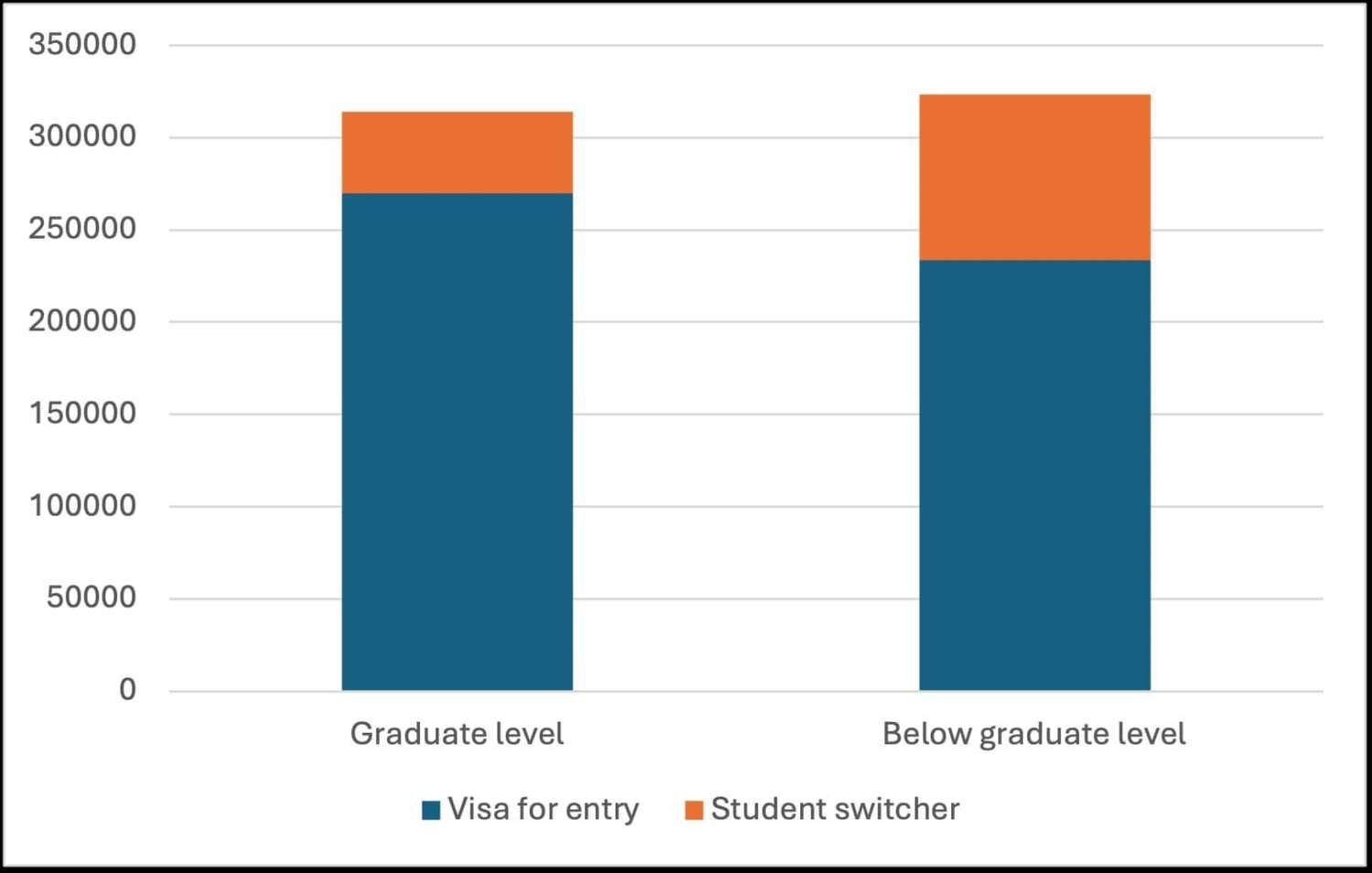
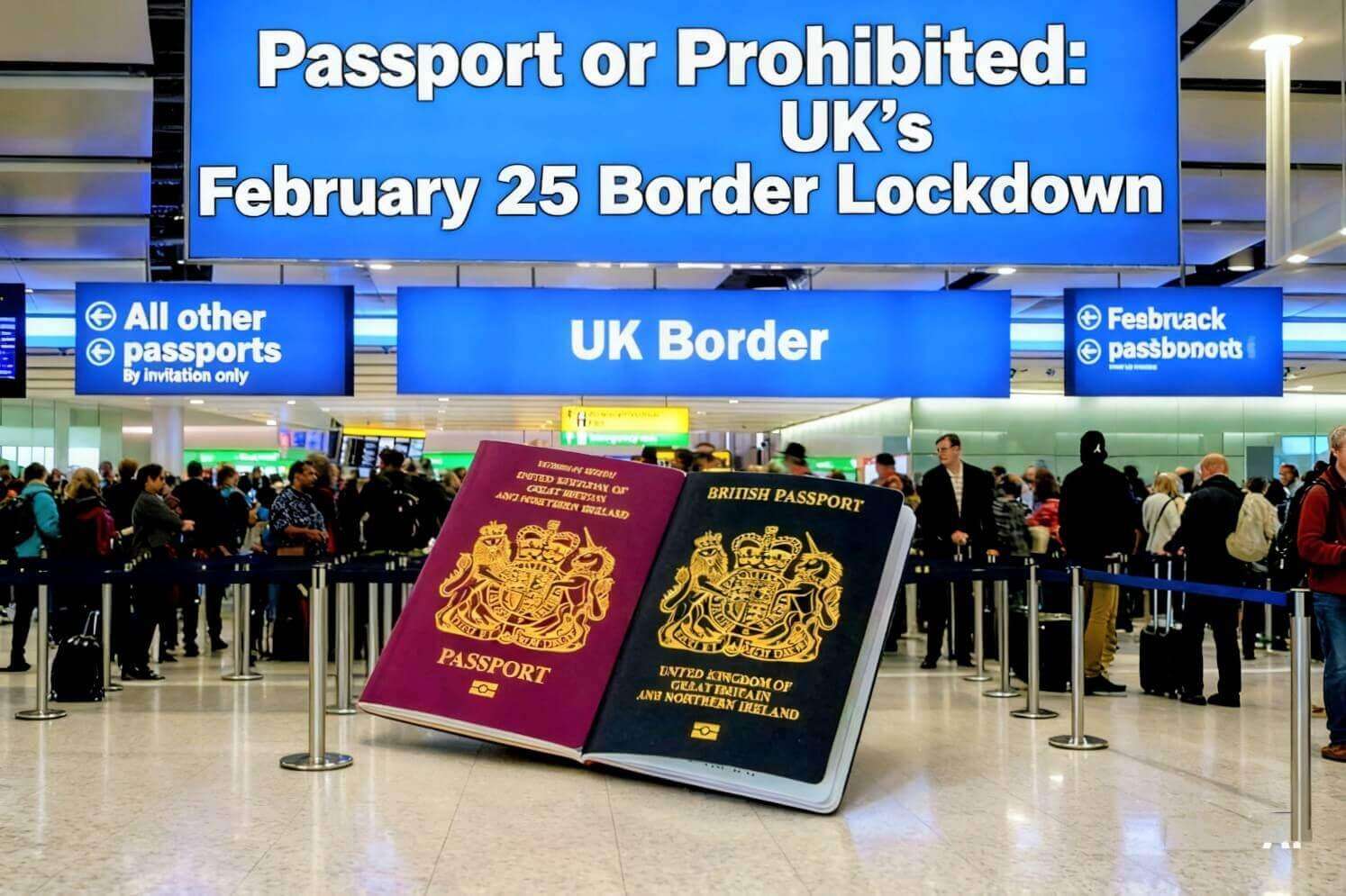

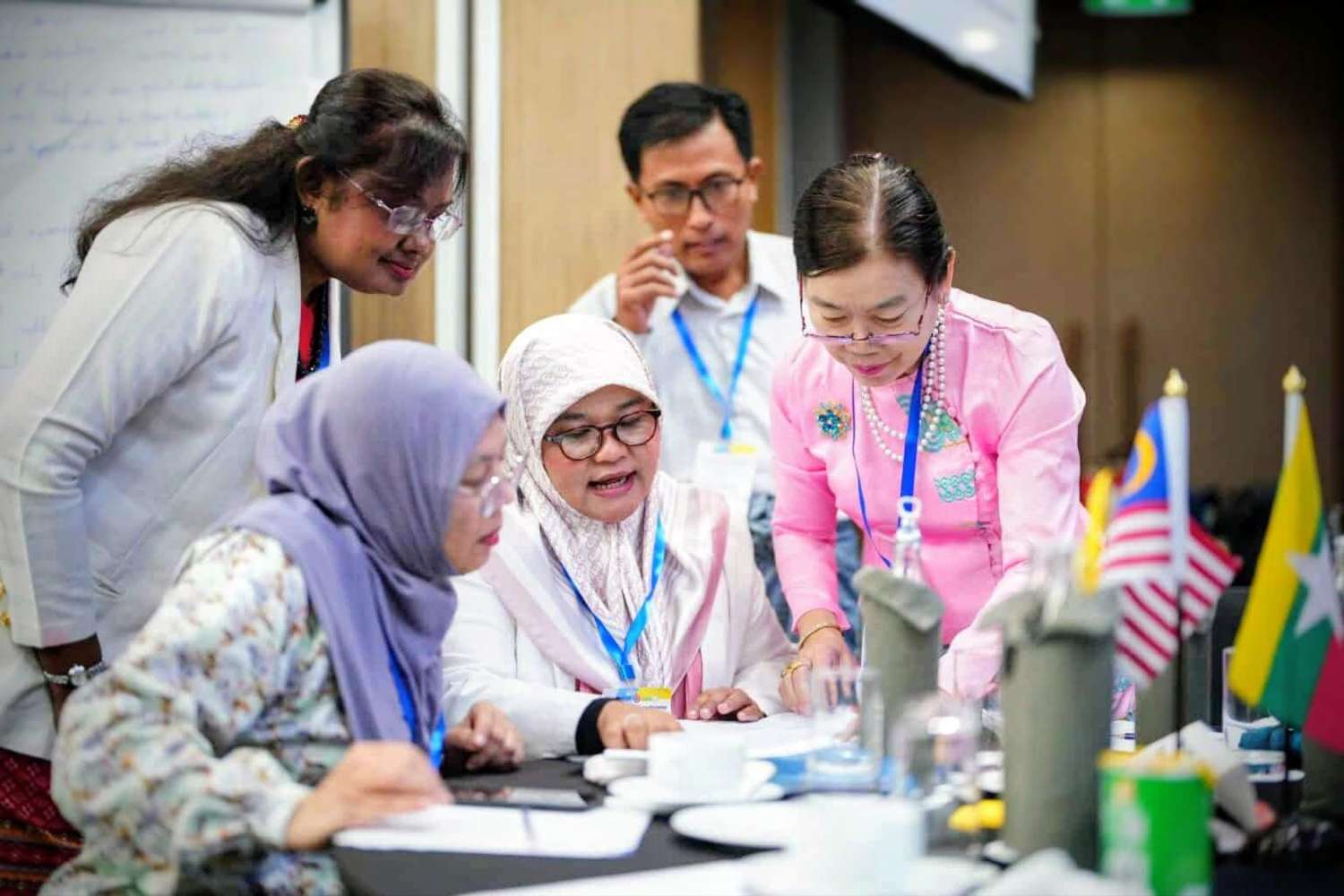
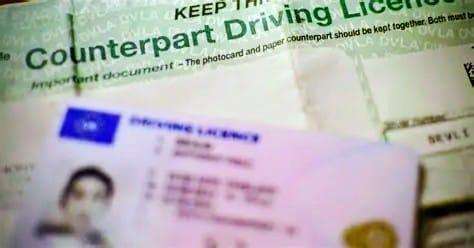


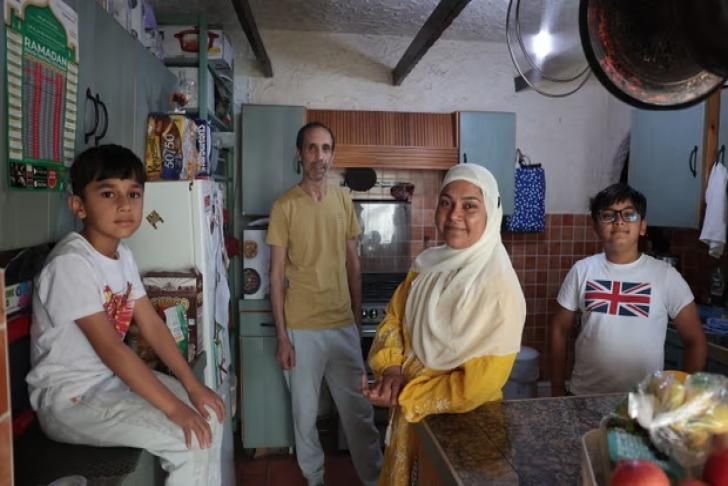
.svg)



